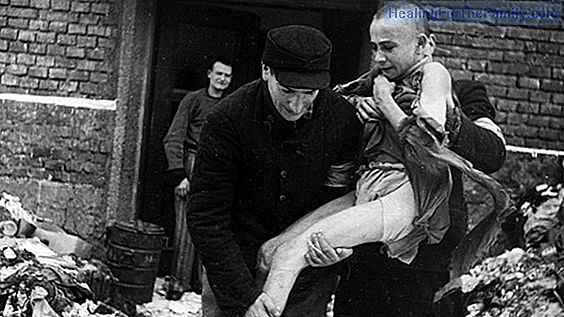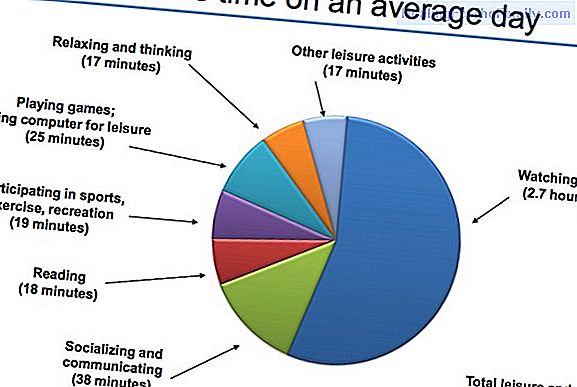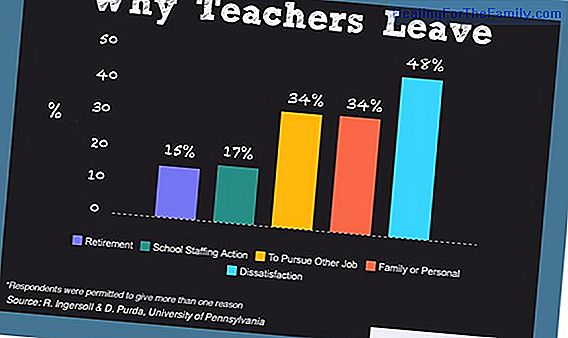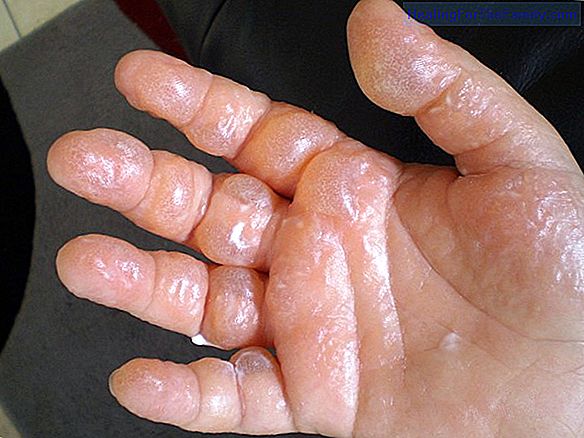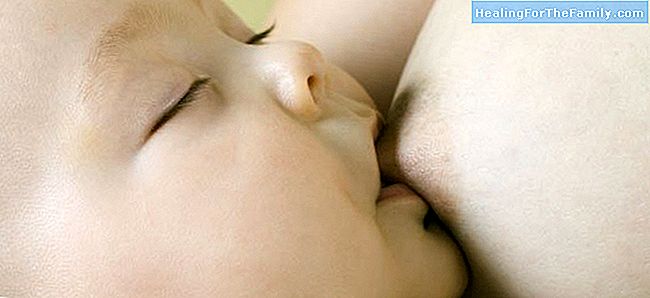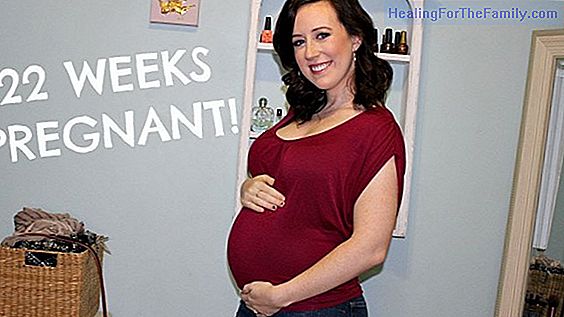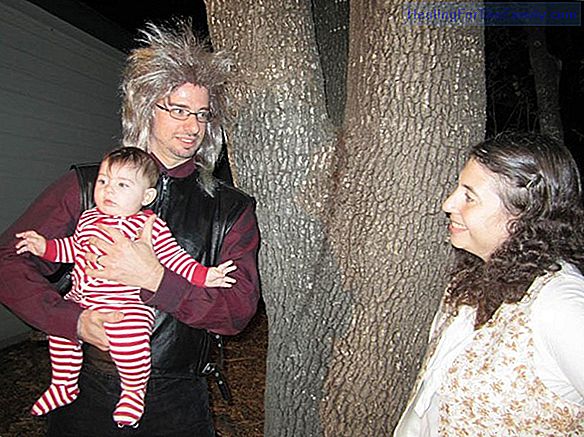What to do when the child denies the obvious
When a child lies or denies the evidence of something he or she has done, it does not have to mean that the child is a compulsive liar. In fact, when children are very young (before 3 years old) their lies are more related to their imagination and fantasy than to an apparent reason that they want to
When a child lies or denies the evidence of something he or she has done, it does not have to mean that the child is a compulsive liar. In fact, when children are very young (before 3 years old) their lies are more related to their imagination and fantasy than to an apparent reason that they want to take advantage of.
Therefore, it is important that the adults in your environment focus their efforts on correcting when the child denies the obvious, in order to avoid frequent use when the child is older.
Why the child denies the obvious

There are children who deny the obvious until the end and use the lies as a way of protection, to feel safe, or to cover some need. When they do, they are indicating that they have some fear, or that they feel some kind of insecurity. The most frequent causes for which the child lies are:
- One of the main reasons that makes the child deny the obvious and use the lie is fear of being punished.
- When are frustrated by something and tell the opposite. For example, he suspends an exam and goes saying that he has approved it.
- Children do it because it is what they see around them. In other words, they do it by imitation. - They lie becausethey feel unattended
and they do so as a wake-up call. The intention in the lie appears depending on the rhythm of maturation of the child. According to their maturation, the child can begin to lie with intention and to deny the obvious at some point in the period from 3 years to 7 years. What to do if we discover the child in a lie
- Be an example.
There are parents who resort to pious lies "for the good of the child", making promises that can not be fulfilled or deceiving them for our comfort, such as saying "today we do not go to the park because it is closed". Children learn by imitation and with these behaviors we teach them to lie.
- Take into account the child's personality. According to the child's personality pattern, it will present traits more prone to transform reality. On the one hand, there are children with a great imaginative capacity. And on the other hand, there are children in need of recognition who invent things to receive compliments and rewards.
- Give confidence . It should reinforce your self-esteem and give you the confidence you deserve. For this we must make it clear to the child that if he lies there will be consequences to transfer responsibility for his actions.
-Give the child an opportunity to reconsider
. When we ask for explanations, we must let him speak and not anticipate answers presupposing what has happened. You have to give him the opportunity to admit that he is lying and if he does recognize the courage but remembering that there will be consequences and he will have to admit his penance. - Avoid behaving as if the child did not lie.That is to say, we can not avoid that this type of children lie, for that reason, it is very practical to let the child know that if he lies we will stop asking him and we will go directly to the source to inform us. For example, if you lie about your grades, you will go directly to the teacher.
- Be patient. The best thing for these situations is to arm yourself with patience, perseverance and firmness when it comes to acting against lies.


